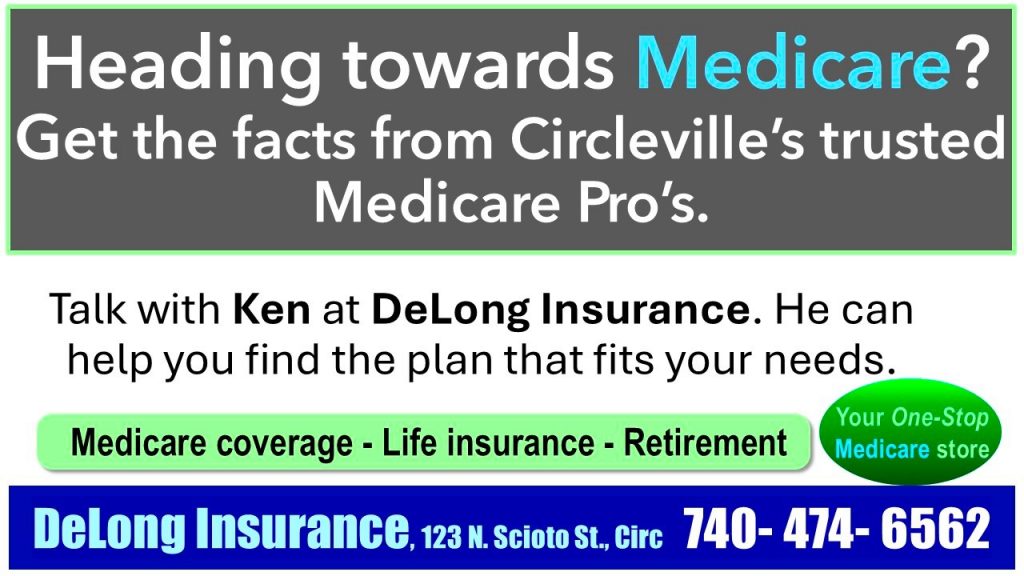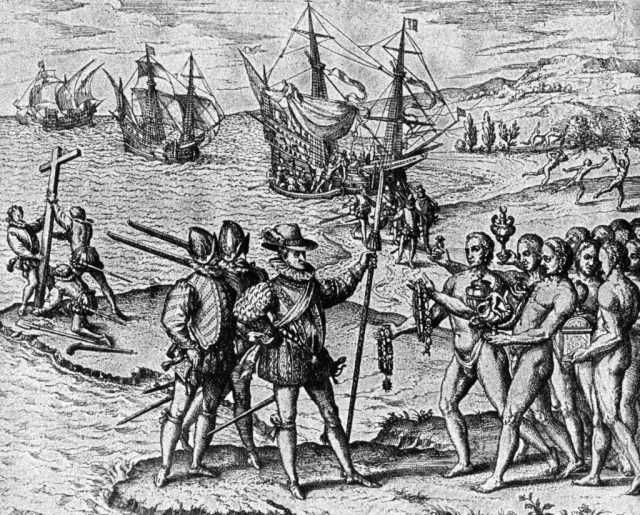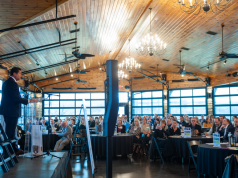
OHIO – For generations, Columbus Day has been recognized as a celebration of exploration and Italian-American heritage. But for many Native Americans, it’s a painful reminder of colonization, violence, and cultural erasure — sparking an ongoing national debate that continues to evolve.
When Christopher Columbus landed in the New World on October 12, 1492, history books long credited him with “discovering” America. Yet, Indigenous communities argue that the lands he reached were already home to thriving nations — and that his arrival marked the beginning of centuries of oppression.
Columbus Day became a federal holiday in 1972, but since the 1990s, Native American activists have pushed to replace it with Indigenous Peoples’ Day, a day to honor Native resilience, history, and culture rather than colonial conquest.
“Today we understand that while [Columbus] was an explorer and is credited with being one of the first Europeans to arrive in the Americas, we now know a great deal about the history and the way that he and his people behaved when they came to this continent,” said Shannon Speed, a citizen of the Chickasaw Nation and director of the UCLA American Indian Studies Center. “That included pillaging, raping, and generally setting in motion genocide of the people who were already here. That’s not something we want to celebrate.”
So far, Minnesota, Vermont, New Mexico, Maine, and Louisiana have officially renamed the holiday, while several other states recognize Indigenous Peoples’ Day alongside Columbus Day. Only 16 states and the territory of American Samoa still observe the second Monday in October exclusively as Columbus Day.
However, Italian-Americans continue to defend the holiday as a tribute to their heritage. Many say it honors their ancestors’ struggles against discrimination and the contributions of Italian immigrants to the nation’s growth.
“Columbus Day was created to humanize our community when Italians faced deep prejudice in the 19th century,” said one supporter of the holiday. “It’s about pride and perseverance — not about hate.”
In 2025, President Donald Trump declared Columbus Day a time to celebrate the explorer’s “extraordinary legacy of faith, courage, perseverance, and virtue.” Yet critics like Kerri Malloy, professor of Native American and Indigenous Studies at San José State University, argue that Columbus’ arrival “triggered a mass genocide of Indigenous people throughout the Western Hemisphere,” through disease, forced conversion, and land theft.
As more communities across the U.S. reconsider what the day represents, the debate continues: should Columbus Day remain a symbol of Italian-American pride — or should it be replaced by Indigenous Peoples’ Day, honoring those who were here first?











